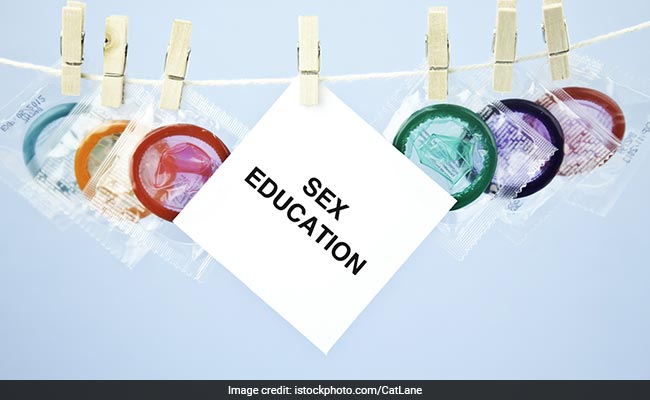Regular testing, avoiding unprotected sex, getting vaccinated, and making healthy sexual choices are some of the ways to prevent STDs and STIs.

Being aware of necessary information on sex and the reproductive systems can help prevent STDs & STIs
STD stands for Sexually Transmitted Disease, while STI stands for Sexually Transmitted Infections. Though the two terms are often used interchangeably, there is a significant difference between the two.
STDs are infections that result in a disease or illness, while STIs refer to a condition where an individual has been infected without necessarily showing signs and symptoms of the disease. In other words, an individual can have an STI without necessarily having an STD.
Common examples of STIs include human papillomavirus (HPV), chlamydia, and gonorrhoea. Individuals can be infected with these diseases without necessarily showing symptoms, which means that the infections can go undetected for long periods.
On the other hand, examples of STDs include herpes, HIV/AIDS, and syphilis. The difference between an STI and an STD is quite crucial when it comes to prevention and treatment. Given that most STIs go undetected for extended periods, there is a high probability of the infections developing into STDs if they are not diagnosed and treated early enough.
Prevention of STDs and STIs involves a range of measures that can be adopted by individuals to protect themselves from infections. Here are some effective ways to prevent STDs and STIs.
Prevention tips against STD's and STI's:
1. Using Condoms During Sex
The use of condoms during sexual intercourse is one of the most effective ways to prevent the spread of STDs and STIs. Condoms work by preventing contact with the infected body fluids that can transmit the infections. Condoms are readily available in most pharmacies, and individuals can always carry them in their bags or wallets for use whenever there is a need to engage in sexual activity.
2. Regular Testing
Regular testing can help identify infections in their early stages before they develop into STDs. This is especially important for individuals who are sexually active and have multiple partners. Testing can be done in a variety of settings, including hospitals, clinics, and community health centres. Routine testing at least once a year is recommended for sexually active individuals to ensure that any infections are identified in their early stages.
3. Avoiding Unprotected Sex
Avoiding unprotected sex is another way to prevent STDs and STIs. This means that individuals should try and avoid sexual activity that involves the exchange of body fluids with their partners. This can be achieved by abstaining from sex altogether or engaging in sexual activity with a partner who has also been tested and found negative for any infections.
4. Getting Vaccinated
Some STDs such as human papillomavirus (HPV) and hepatitis B can be prevented by getting vaccinated. These vaccines are available in most hospitals and clinics and can prevent infections that are responsible for most STDs and STIs.
5. Making Healthy Sexual Choices
Making healthy sexual choices is important in preventing STDs and STIs. This means choosing partners who are also committed to preventing the spread of infections, avoiding risky sexual behaviours such as engaging in sex under the influence of drugs or alcohol, and maintaining open and honest communication about sexual health concerns.
STDs and STIs continue to be a major public health concern globally. Prevention efforts must be multi-faceted and involve a range of interventions aimed at reducing the spread of infections. By adopting these measures, individuals can protect themselves and their partners from infections and promote healthier sexual practices.
Disclaimer: This content including advice provides generic information only. It is in no way a substitute for a qualified medical opinion. Always consult a specialist or your own doctor for more information. NDTV does not claim responsibility for this information.
DoctorNDTV is the one stop site for all your health needs providing the most credible health information, health news and tips with expert advice on healthy living, diet plans, informative videos etc. You can get the most relevant and accurate info you need about health problems like diabetes, cancer, pregnancy, HIV and AIDS, weight loss and many other lifestyle diseases. We have a panel of over 350 experts who help us develop content by giving their valuable inputs and bringing to us the latest in the world of healthcare.












